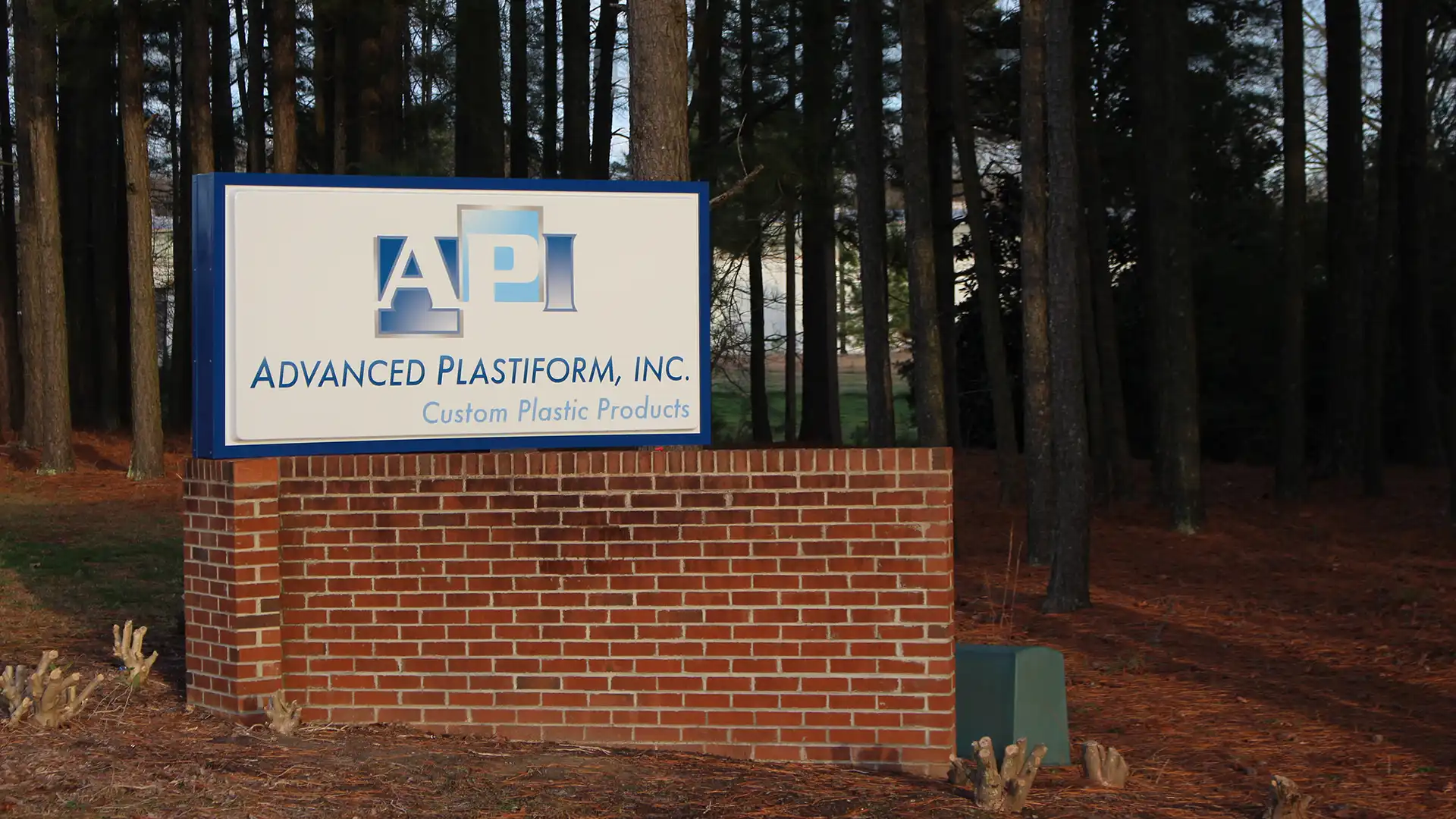When you need a large number of custom plastics, you want the best quality at…
Plastics are a versatile, highly customizable material used in almost every industry. Because the industries we serve are constantly evolving, the plastics used to make products are too. Think of the automotive industry - there is a growing demand for fuel-efficient cars and vehicles. To meet this demand, automotive thermoforming companies design and create custom plastics that are lighter yet more durable to reduce the weight of a vehicle and improve fuel efficiency. Or, in the medical industry, antimicrobial plastics are needed to minimize the spread of viruses and bacteria, so medical injection molding companies add coatings and customize their pieces to meet those needs.
All of this is to say that because plastics are so pervasive in the industries we rely on every day, there are some interesting emerging trends affecting plastics themselves.
Reinforced Plastics
Reinforced plastics are composite polymers with carbon or aromatic polyamide (“aramid” for short) fibres added to them. These types of fibers add electrical strength, compression strength, and heat tolerance while still maintaining the lightweight qualities of standard plastics. Reinforced plastics are often used in:
- Marine cordage and hull reinforcement as a safe asbestos substitute
- Ballistics composites and ballistic-rated body armor in the military and aerospace industries.
- Making cars more sustainable as a lightweight replacement for metal and steel.
Biodegradable Plastics
As our society looks for ways to minimize waste and improve sustainability with single-use plastics, biodegradable plastics are becoming increasingly popular. These are made with all-natural plant materials, such as corn byproducts, orange peels, plant matter, and starches that can be injection molded or thermoformed to create things like food containers, collection bags for recycling, grocery bags, and water bottles.
What makes biodegradable plastics better for the environment? Traditional plastics take an extremely long time to break down and when they do, either through traditional recycling practices or melting down, carbon and other harmful chemicals are released into the atmosphere. Biodegradable plastics don’t release carbon, methane, or other pollutants, and they break down significantly faster and can be commercially composted. By 2027, the global market for biodegradable plastics is estimated to reach over $12 billion.
Radio Frequency Embedded Plastics
While radio frequency embedded plastics aren’t terribly new - you’ve seen them in anti-theft tags on electronics and clothing, security badges, and hospital bands used on newborns to prevent kidnapping - they are experiencing a commercial expansion in construction and commercial markets. RF embedded plastics are being used in buried plastic materials such as underground pipes to make them easier to find for repairs. Also, designers and engineers are going beyond location and adding the frequencies to measure strain and stress on the plastic used in natural gas pipelines. This basically makes it possible to stop a problem as soon as it’s detected and prevent dangerous or expensive pipe ruptures.
Automation in Plastic Manufacturing
Automation is rapidly increasing across every industry, especially manufacturing, and plastics are no exception. Automation provides cost-effective production and high levels of precision, both of which are necessary when providing thousands of units of custom plastics, especially for the medical automotive industries. From an economic standpoint, these innovations in technology make it possible to stay competitive against overseas manufacturing by increasing production, improving safety, and ensuring more quality control.
We can expect to see increased automation in the following areas of plastics manufacturing in the coming years:
- Part insertion and extraction
- Trimming and cutting
- Quality control checks
- Post-secondary operations, like assembly and packing.
Advanced Plastiform is at the Forefront of Plastic Manufacturing Trends
At Advanced Plastiform, we strive to stay ahead of the curve when it comes to innovations and trends in plastic manufacturing. Our team of designers and engineers create custom solutions for our customers to best meet their needs, and our manufacturing team brings those solutions to life in plastic components that are accurate, precise, and durable. With a blend of modern automation and an experienced team, we take pride in our quality products, fast lead times, and low per-unit pricing. If you’re interested in having custom plastics manufactured for your company, reach out to our team today. Our injection molding company works with all types of industries in the Southeast and Mid-Atlantic, including North Carolina, South Carolina, Pennsylvania, Maryland, Tennessee, Georgia, and Virginia.

